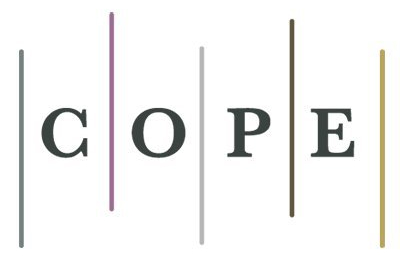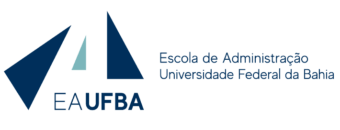A Pragmatic Way to Open Management Research and Education: Playfulness, Ambiguity, and Deterritorialization
Keywords:
open science, openness, pragmatism, John Dewey, playfulness, ambiguity, deterritorialization, process philosophy.Abstract
The open science movement has reached management research and education. Around the world, management scholars discuss, probe, and evaluate ways to make their work practices less ‘closed’ and more ‘open.’ However, how exactly such new work practices change management knowledge and teaching depends, to a large extent, on practitioners’ philosophical interpretation of ‘openness.’ Today, openness in management research and education is mainly interpreted as a feature of the input to or output from knowledge work. These interpretations conceive of research and education as relatively stable entities which can be opened at some clearly defined points. Our study aims to unsettle this conception and propose a new and more radical interpretation of openness. We propose to reconsider openness via the processual approach of American Pragmatism and thereby in a sense that dispenses with requiring the predisposition of research and education as stable entities. Via this interpretation of openness, management research and education can be transformed into a co-productive democratic movement which can bring about knowledge commons interwoven with true managerial and societal problems. To offer a first description of openness as a process that can transform management research and education, we analyze ethnographic material from two types of pragmatist experiments, which the first author facilitated between 2016 and 2021. We identify three key dimensions in the process of opening research and education: playfulness, ambiguity, and deterritorialization. Our study advances debates on the question of how management research can be more immediately helpful to management practitioners and students’ concerns.
Downloads
Downloads
Published
How to Cite
Issue
Section
License
This work is licensed under a Creative Commons Attribution 4.0 License.
The O&S adopts a Creative Commons Attributions License 4.0 in all published works, except where specifically indicated by copyright holders.





